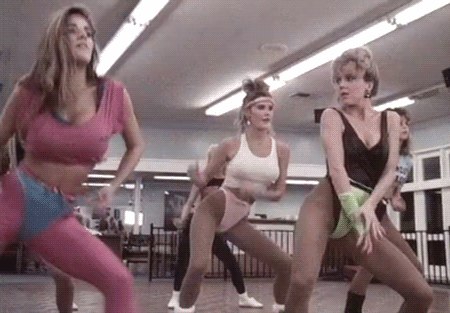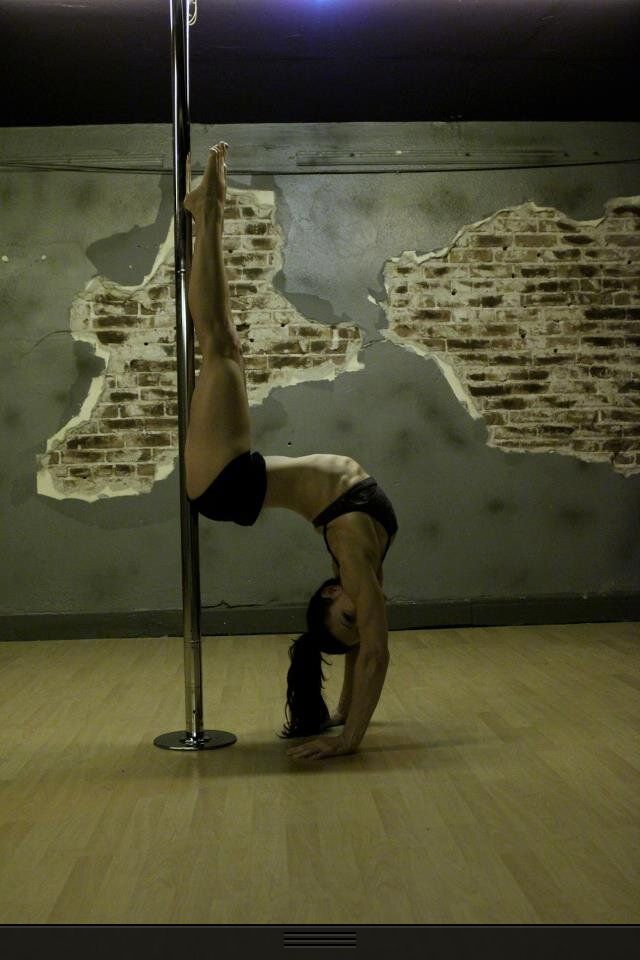How many times is dance mentioned in the bible
Dance in the Bible (21 instances)
Judges 21:21Judg 21:21
And see, and, behold, if the daughters of Shiloh come out to dance in dances, then come ye out of the vineyards, and catch you every man his wife of the daughters of Shiloh, and go to the land of Benjamin.
KJV, YLT, DARBY, ASV, NET, AM, LEB, WEB
Verse Concepts
Judges 21:23Judg 21:23
So the men of Benjamin did this, and got wives for themselves for every one of their number, taking them away by force from the dance; then they went back to their heritage, building up their towns and living in them.
BBE
Verse Concepts
1 Samuel 21:111 Sam 21:11
The servants of Achish said to him, "Isn't this David, the king of the land? Isn't he the one that they sing about when they dance, saying, 'Saul struck down his thousands, But David his tens of thousands'?"
NET
Verse Concepts
1 Samuel 29:51 Sam 29:5
Is this not David, who was named in their songs, when in the dance they said to one another, Saul has put to death thousands, and David tens of thousands?
BBE
Verse Concepts
1 Kings 18:261 Kgs 18:26
So they took the bull that he gave them, prepared it, and called on the name of Baal from morning until noon, saying, “Baal, answer us!” But there was no sound; no one answered. Then they danced, hobbling around the altar they had made.
HCSB
Verse Concepts
Job 21:11Job 21:11
They send forth their little ones like a flock, and their children dance.
KJV, ISV, DARBY, ASV, NET, LEB, WEB, BBE
Verse Concepts
Psalm 87:7Psa 87:7
They that sing as well as they that dance'shall say , All my fountains are in thee.
ASV, WEB
Verse Concepts
Psalm 118:27Psa 118:27
The Lord is God, and he has given us light; let the holy dance be ordered with branches, even up to the horns of the altar.
BBE
Verse Concepts
Psalm 149:3Psa 149:3
Let them praise his name in the dance: let them sing praises unto him with the timbrel and harp.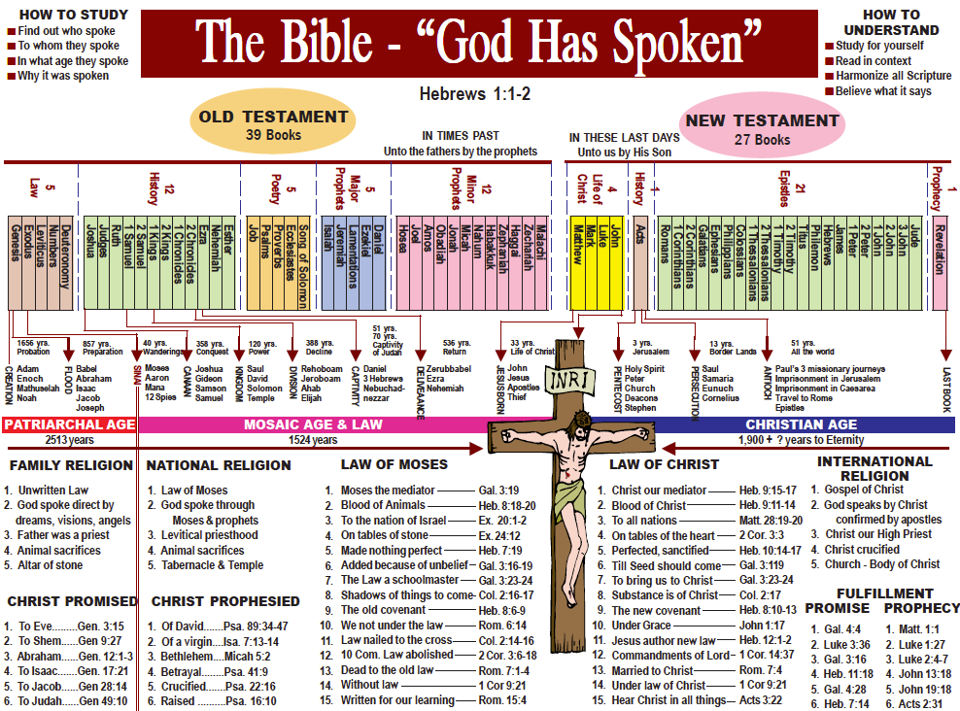
KJV, YLT, DARBY, ASV, AM, WEB, BBE
Verse Concepts
Psalm 150:4Psa 150:4
Praise him with the timbrel and dance: praise him with stringed instruments and organs.
KJV, HCSB, YLT, DARBY, ASV, AM, BBE
Verse Concepts
Ecclesiastes 3:4Eccles 3:4
A time to weep, and a time to laugh; a time to mourn, and a time to dance;
KJV, HCSB, ISV, DARBY, NASB, ASV, NET, AM, LEB, WEB
Verse Concepts
Song of Songs 6:13Song 6:13
Y Come back, come back, Shulammite!Come back, come back, that we may look at you!M Why are you looking at the Shulammite,as you look at the dance of the two camps? >
HCSB, ISV, DARBY, NASB, ASV, NET, AM, LEB, WEB, BBE
Verse Concepts
Isaiah 13:21Isa 13:21
But wild beasts of the desert shall lie there; and their houses shall be full of doleful creatures; and owls shall dwell there, and satyrs shall dance there.
KJV, ISV, DARBY, ASV, AM, LEB
Verse Concepts
Jeremiah 31:4Jer 31:4
I'll again build you, and you will be rebuilt, Virgin Israel! You will again take up your tambourines and go out to dance with those who are filled with joy.
ISV
Verse Concepts
Jeremiah 31:13Jer 31:13
Then shall the virgin rejoice in the dance, both young men and old together: for I will turn their mourning into joy, and will comfort them, and make them rejoice from their sorrow.
KJV, DARBY, NASB, ASV, NET, AM, WEB, BBE
Verse Concepts
Lamentations 5:15Lam 5:15
The joy of our heart is ceased; our dance is turned into mourning.
KJV, DARBY, ASV, WEB
Verse Concepts
Matthew 11:17Matt 11:17
We played the flute for you,but you didn’t dance;we sang a lament,but you didn’t mourn!
HCSB, ISV, YLT, NASB, ASV, NET, AM, LEB, WEB, BBE
Verse Concepts
Mark 6:22Mrk 6:22
And when the daughter of Herodias herself came in and did a dance, Herod and those who were at table with him were pleased with her; and the king said to the girl, Make a request for anything and I will give it you.
BBE
Verse Concepts
Luke 6:23Luk 6:23
"Be glad at such a time, and dance for joy; for your reward is great in Heaven; for that is just the way their forefathers behaved to the Prophets!
WNT
Verse Concepts
Luke 7:32Luk 7:32
They are like children sitting in the marketplace and calling to each other:We played the flute for you,but you didn’t dance;we sang a lament,but you didn’t weep!
HCSB, ISV, YLT, NASB, ASV, NET, AM, LEB, WEB, BBE
Verse Concepts
1 Corinthians 10:71 Cor 10:7
Do not be worshipers of handmade gods, as some of them were; just as it is written [in Scripture], “The people sat down to eat and drink [after sacrificing to the golden calf at Horeb], and stood up to play [indulging in immoral activities].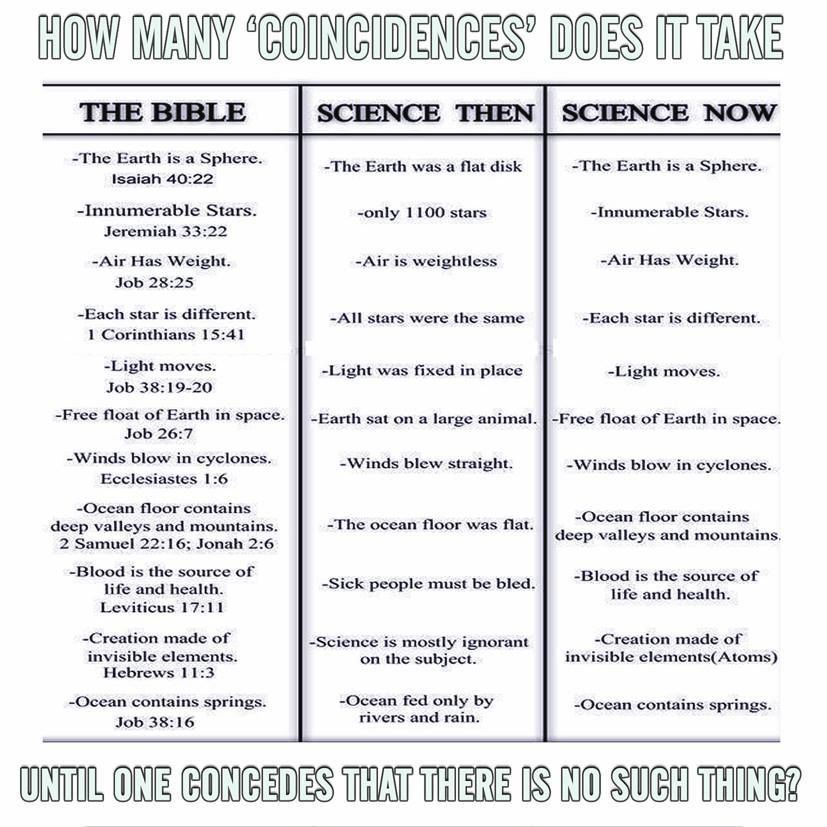 ”
”
AM, WNT
Verse Concepts
What Does the Bible Say about Dancing? (Is Dancing a Sin?)
Over the centuries, there's been a lot of debate and disagreement over whether Christians should dance or condone dancing.
What does GOD think about dancing? What does the Bible say about dancing? Is it a sin to dance? Did Jesus dance?
Let's study for ourselves and see. You mightbe quite surprised.
The word "dance" and its variations can be found 27 times in the NIV translation of the Bible (24 in NASB, and 26 in NKJV).
In Exodus 15, after GOD had saved the Israelites as they crossed the Red Sea, and the Egyptians had been swallowed in the collapsed waters, Moses and all Israel sang a song to the LORD (Ex. 15:1-18).
After this, Moses' sister Miriam took up the timbrel and all the women with her went out and danced (Ex. 15:20-21; Strong's ref 4246). This singing and dancing was in praise to GOD and no indication is given that the LORD disapproved.
(For more on what transpired, see: January 26 - GOD's Deliverance; Man's Response.)
Later, at Mount Sinai, as Moses was on the mountain, the Israelites fashioned a golden calf idol and worshiped it, bowing down to it, feasting with singing and dancing.
GOD was very angry at this idolatry and threatened to destroy them all, before Moses interceded (Ex. 32, dancing described in Ex. 32:19; Strong's ref 4246).
(For more, see: January 31 - Yahweh (Jehovah) is a Jealous GOD.)
The next reference to dancing is found in Judges 11, where the judge Jephthah made a foolish vow to GOD, and his daughter was dancing with joy over the victory Israel had over the Ammonites (Judg. 11:34; Strong's ref 4246).
(Read more: March 21 - Don't be Quick to Promise.)
Later, after a civil war between the tribe of Benjamin and the other Israelites, the unsuspecting daughters of Shiloh, while dancing, were captured by Benjamite men to become their wife, in order that the Israelites might not break a vow to the LORD (see Judg.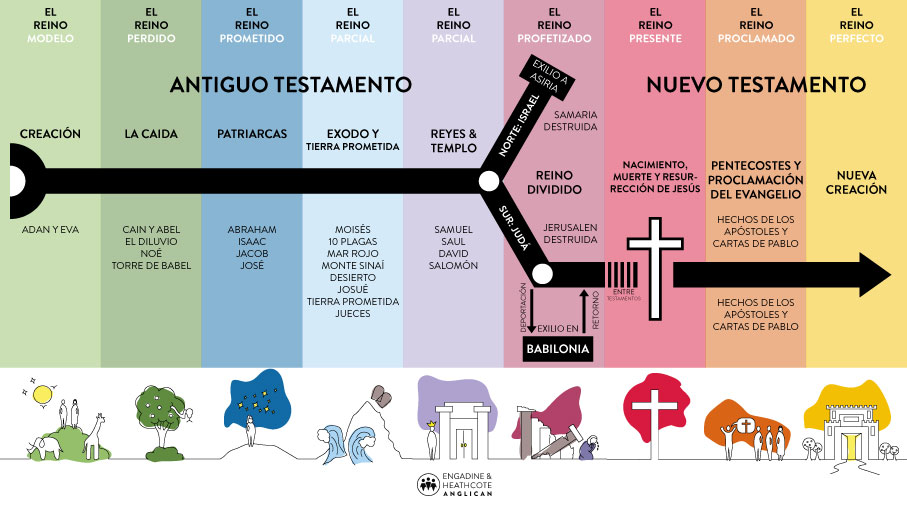 21, dancing described in Judg. 21:21, 23; Strong's ref 4246).
21, dancing described in Judg. 21:21, 23; Strong's ref 4246).
These dances were associated with an annual feast to the LORD (Judg. 21:19).
(Read more: March 25 - Civil War in Israel.)
In 1 Sam. 18, the Israelite women danced in celebration of David's victory over Goliath (1 Sam. 18:6-7; Strong's ref 4246). These events would be referred to again by Achish, king of Gath, in 1 Sam. 21:11; 29:5.
(Read more: April 1 - Loyalty Versus Jealousy.)
In 2 Sam. 6, David danced "with all his might" as the ark of the covenant was brought to Jerusalem (see 2 Sam. 6:14-16; 1 Chron. 15:29; Strong's ref 3769 and 7540, respectively). As David's wife Michal (Saul's daughter) saw David dancing, she despised him in her heart.
(Read more: April 8 - The Ark Returns to Jerusalem.)
In 1 Kings 18, the prophets of Baal were dancing in an attempt to get the idol to consume the sacrifice upon the altar (see 1 Kings 18:26; Strong's ref 6452).
(Read more: June 4 - Elijah's Roller Coaster.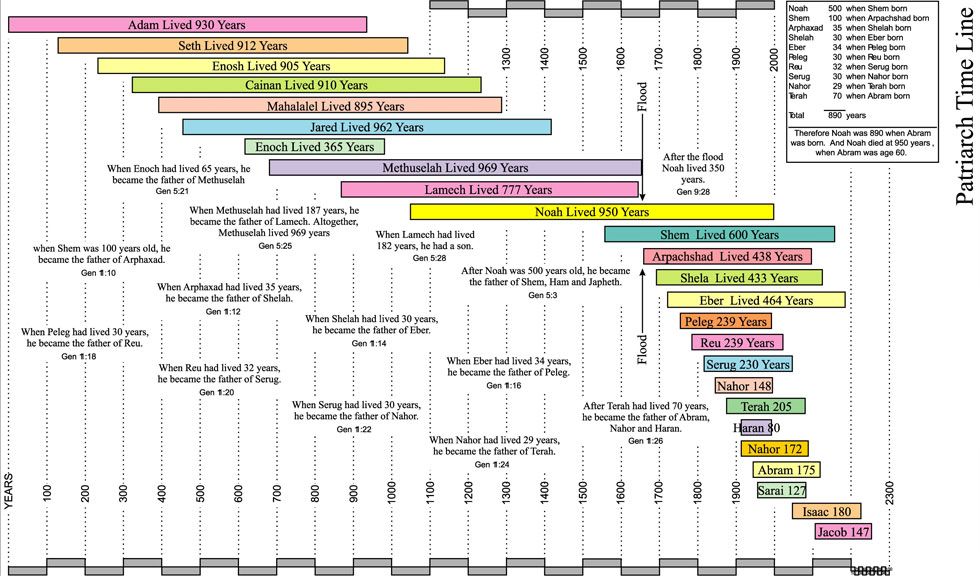 )
)
In Job 21, while describing the prosperity of the wicked, commented that their children dance (Job 21:11; Strong's ref 7540).
Three times in the Psalms we see dancing in combination with praising GOD and rejoicing (Psalm 30:11; 149:3; 150:4; Strong's ref 4234 for all 3).
Solomon, in Eccl. 3:4, said that there is a time for dancing (Strong's ref 7540).
In Song of Solomon 6:13, the Shulammite woman is described as "the dance of the two camps" (Strong's ref 4246).
In Jer. 31, GOD promised to restore the remnant of Israel and they would resume their dancing (Jer. 31:4; Strong's ref 4234) and "the young women will dance and be glad" (Jer. 31:13; Strong's ref 4234).
As the punishment for Judah's idolatry was being carried out upon Jerusalem, Jeremiah wrote that the people's dancing had been turned into mourning (Lam. 5:15; Strong's ref 4234). This is the final reference to dancing in the Old Testament.
In the New Testament, there are only 5 references to dancing, all of which occur in the gospel accounts.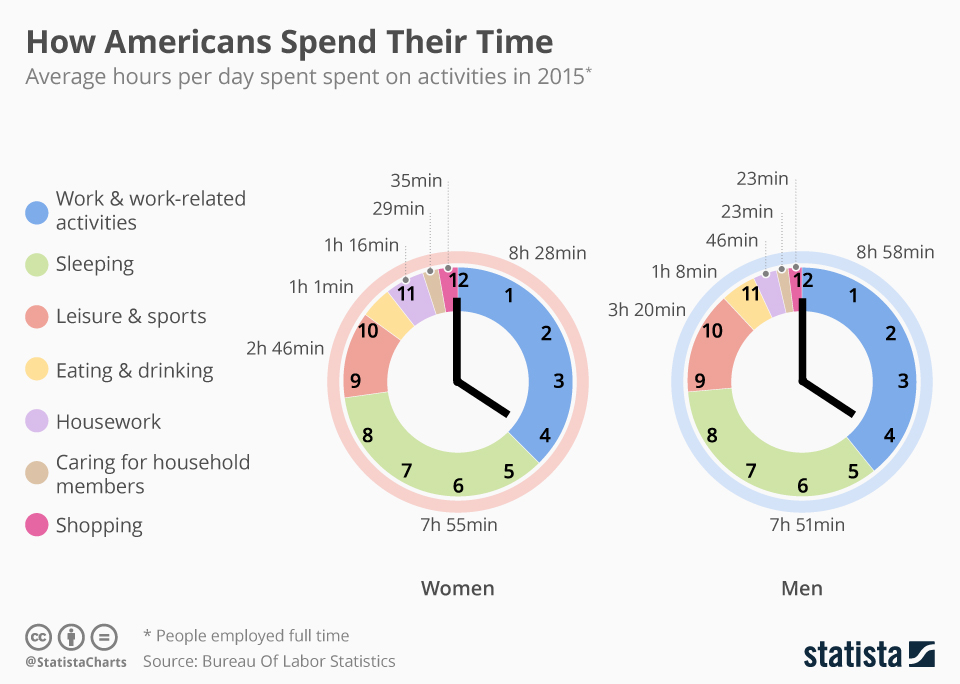
Two of these references, Matt. 11:17 and Luke 7:32 (both verses use Strong's ref 3738), are from the occasion where Jesus equated His generation to people who neither danced in times of rejoicing nor wept in times of mourning.
Two references refer to the daughter of Herodias who danced for Herod's dinner guests at his birthday (Matt. 14:6; Mark 6:22; both use Strong's ref 3738).
The final reference occurs in Luke 15:25 (Strong's ref 5525), where the father of the prodigal (or lost) son has a feast that includes dancing when the son returned.
Nowhere in Scripture does GOD specifically condemn the activity of dancing.
Nowhere in Scripture does GOD specifically condemn the activity of dancing. Click to Tweet
In fact, the opposite is true as the Holy Spirit says there is a time for dancing, and GOD clearly approved Old Testament worship that included dancing. (And not just collective, formalized worship, but individual spontaneous worship, such as the above examples of Miriam and David. )
)
The Bible offers no specifications or guidelines for what type of dancing is considered modest or approved by GOD.
However, the New Testament instructs us to avoid certain other types of activities which are commonly associated with many forms of dancing.
For example, consider Gal. 5:19-21:
19 The acts of the flesh are obvious: sexual immorality, impurity and debauchery; 20 idolatry and witchcraft; hatred, discord, jealousy, fits of rage, selfish ambition, dissensions, factions 21 and envy; drunkenness, orgies, and the like. I warn you, as I did before, that those who live like this will not inherit the kingdom of God.
(Gal. 5:19-21 NIV)
Strong's Concordance notes of the Greek word that is translated "impurity" in Gal. 5:19 (Strong's ref 167), that it means "in a moral sense, the impurity of lustful, luxurious, profligate living."
Regarding the word that is translated "debauchery" (Strong's ref 766), Strong's says that it means "outrageous conduct, conduct shocking to public decency, a wanton violence, wantonness, lewdness. "
"
Verse 21 mentions drunkenness and orgies. The Greek word translated "orgies" literally means "(originally, village-merrymaking that took place at the gathering of the grapes, Souter) – a riotous party (drunken feast) which hosted unbridled sexual immorality; hence, revelings (debauched 'partying')" according to HELPS Word Studies (Strong's ref 2970).
Paul advised the young evangelist Timothy to "be an example to the believers in word, in conduct, in love, in spirit, in faith, in purity" (1 Tim. 4:12), and to "Flee youthful lusts" (2 Tim. 2:22).
In these same letters, the Holy Spirit instructs women to dress modestly (1 Tim. 2:9-10).
Likewise, Paul instructed the evangelist Titus to have the older women teach the younger ones to "be discrete, chaste" (Titus 2:5).
These principles and characteristics should be true of all Christians, not just evangelists.
Lastly, Peter wrote:
1 Therefore, since Christ suffered in his body, arm yourselves also with the same attitude, because whoever suffers in the body is done with sin.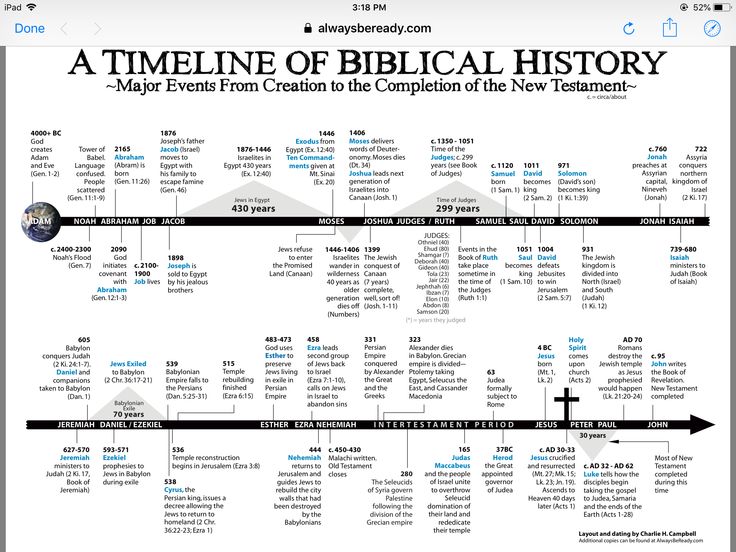 2 As a result, they do not live the rest of their earthly lives for evil human desires, but rather for the will of God. 3 For you have spent enough time in the past doing what pagans choose to do—living in debauchery, lust, drunkenness, orgies, carousing and detestable idolatry. 4 They are surprised that you do not join them in their reckless, wild living, and they heap abuse on you. 5 But they will have to give account to him who is ready to judge the living and the dead.
2 As a result, they do not live the rest of their earthly lives for evil human desires, but rather for the will of God. 3 For you have spent enough time in the past doing what pagans choose to do—living in debauchery, lust, drunkenness, orgies, carousing and detestable idolatry. 4 They are surprised that you do not join them in their reckless, wild living, and they heap abuse on you. 5 But they will have to give account to him who is ready to judge the living and the dead.
(1 Pet. 4:1-5 NIV)
If any of these activities or emotions are included or surround the particular form of dancing, then it's pretty obvious that it is GOD's will for Christians to not participate in this nor be a willing bystander.
After reading the Scriptures that deal with the subject of dancing and considering other instructions given to Christians, it is obvious that dancing is an activity that can be done either to the glory of GOD or in combination with sinful "acts of the flesh. "
"
What makes the difference is our attitude, intentions, and the type of dancing that is being discussed.
Christians should be very cautious to carefully evaluate these three things in order to ensure they don't engage in sinful behavior.
But then again, this is true in all aspects of life.
Got a thought or opinion about dancing? Share it below. Thanks for reading and GOD bless.
Why did King David dance before the Lord and can Christians dance?
Are Christians permitted to dance in worship services? Is dancing a biblical way of glorifying and worshiping God? Why was King David's dance pleasing to God? We collected opinions to find answers.
Max Lucado, Christian writer (USA) in the book "Go out to meet your Goliaths"
David galloped with all his might before the Lord (2 Sam. 6:14). Spinning and spinning. He was not limited to stomping or moving his head to the beat of the music. In the description of his dances in Hebrew, we see David spinning, jumping and literally jumping.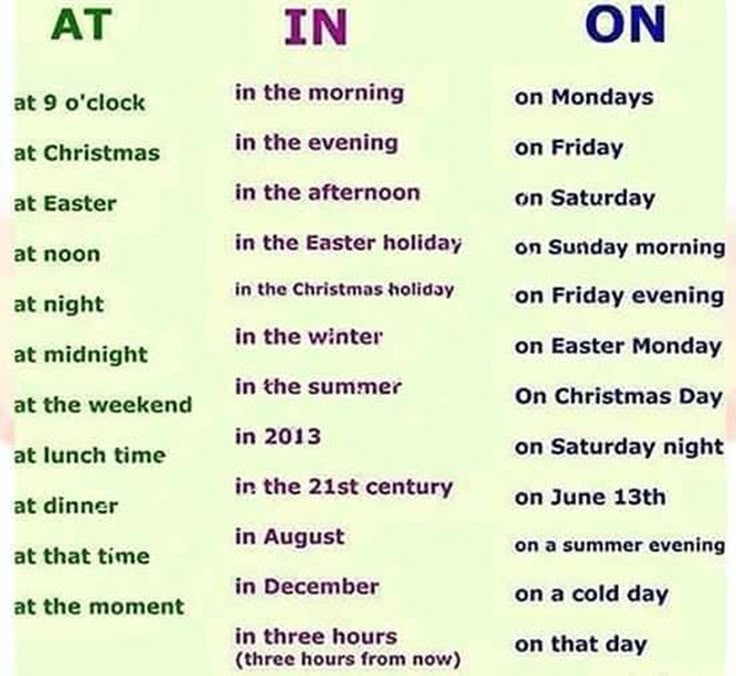 This is not shuffling feet or graceful waltz. David - the winner of the giants became David the dancer. He sets the tone for the entire procession.
This is not shuffling feet or graceful waltz. David - the winner of the giants became David the dancer. He sets the tone for the entire procession.
Moreover, he takes off everything except the ephod, the linen priestly breastplate. This priestly vestment is similar in configuration to a long T-shirt. And right there, in front of God, in front of the altar and all the people, David takes off everything except the priest's undershirt. Imagine the President of the United States running out of the Oval Office and hopping and dancing around the main street in his underwear.
David is dancing and we are retreating. We hold our breath. We know what will happen now. We have already read about Ozu. We know what God does to irreverent and insolent people. It's obvious that David doesn't care about anything. Here he is, in the full presence of God and God's people, dancing incendiary dances in underwear. Feel free to call a funeral director. Farewell, King David. You've come to an end. Get ready for the worst.
Get ready for the worst.
However, nothing like this happens. The heavens are silent, and David continues to circle, jump, and we do not understand anything. Don't such dances anger God? What does David have that Uzzah didn't have? Why is the heavenly Father not angry with David?
Clive S. Lewis, theologian, apologist, writer, professor (England) in Meditations on the Psalms
We know that David danced in front of the ark. He danced so selflessly that one of his wives (who was more modern, but not better than him) thought that he was putting himself in a ridiculous position.
David didn't think about it. He rejoiced in the Lord. Here we recall that Judaism was one of the ancient religions. This means that in his “appearance” he looked more like paganism than like that stiffness, that caution, that respectful muffledness that we associate with the word “religious”.
In one sense, this separates him from us. We would not be able to attend the ancient rites.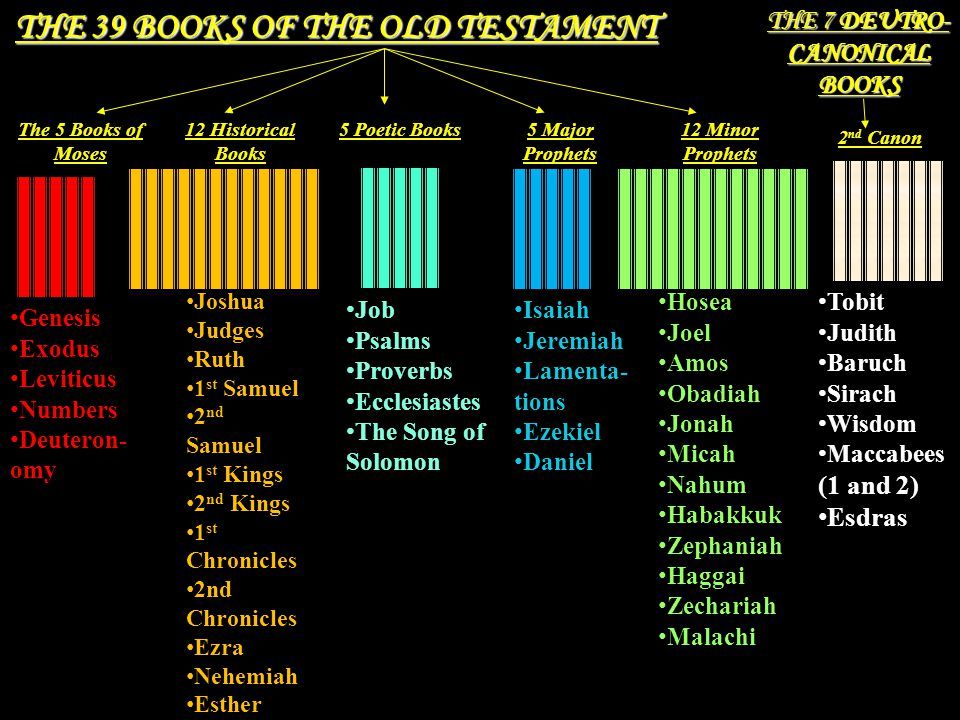 All the temples in the world, from the beautiful Parthenon to the holy temple of Solomon, were sacred slaughterhouses (even the Jews cannot return to this, they do not build a temple and do not renew burnt offerings). But even here everything is not so simple: in the temples there was a smell of blood, and there was also a smell of fried meat. They were not only scary, they were cozy and festive.
All the temples in the world, from the beautiful Parthenon to the holy temple of Solomon, were sacred slaughterhouses (even the Jews cannot return to this, they do not build a temple and do not renew burnt offerings). But even here everything is not so simple: in the temples there was a smell of blood, and there was also a smell of fried meat. They were not only scary, they were cozy and festive.
As a child, I thought that the Jerusalem Temple was like a cathedral, and synagogues were parish churches. This is not true. What happened in the synagogues was very different from what happened in the temple. There they gathered, taught, interpreted the Law, addressed the people (see Luke 4:20; Acts 13:15). Sacrifices were made in the temple; it was in him that Yahweh served.
Our churches are heirs of both the temple and the synagogues: the sermon ascends to the synagogue, the sacraments to the temple. Judaism without a temple is crippled, incomplete; a barn, a ward, a room, a field can become a Christian temple.
What I love most about the psalms is exactly what David danced about. "It" is not as pure or as deep as the love for God that the great mystics and saints of New Testament times attained. I'm not comparing them, I'm comparing David's joy and diligent "going to church." With such a comparison, she surprises with both immediacy and strength. When we read, we envy it and hope to be infected by it.
Interviews with members of the Christian dance group Narnia
Vasile Filat, Pastor of the Good News Church in Chisinau, Head of the Precept Ministries association in Moldova
The New Testament does not tell us about dancing in the first church.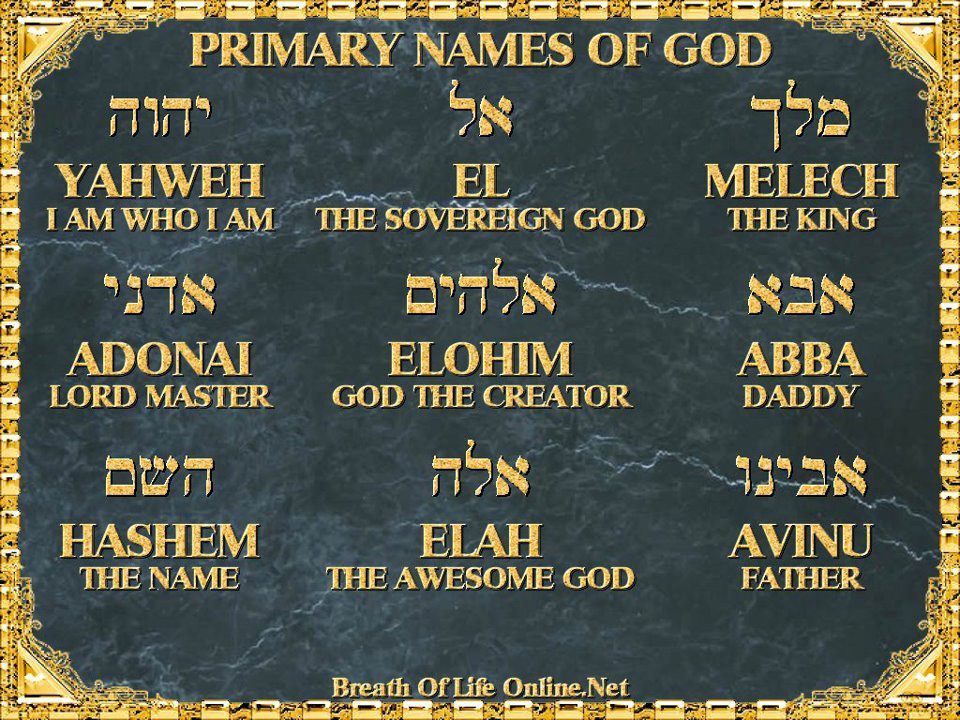 I don’t know, and there is no description of the case on the pages of the New Testament, where they would dance during worship in the first church, but I don’t know the commandment in which God would forbid it. Perhaps for this reason... Dance is included in the list of "controversial issues".
I don’t know, and there is no description of the case on the pages of the New Testament, where they would dance during worship in the first church, but I don’t know the commandment in which God would forbid it. Perhaps for this reason... Dance is included in the list of "controversial issues".
The apostle Paul devoted an entire chapter of Romans 14 to the topic of controversial issues and wrote the following: “Accept the weak in faith without arguing about opinions. For some believe that everything can be eaten, but the weak eat vegetables. Who eats, do not humiliate the one who does not eat; and whoever does not eat, do not condemn the one who eats, because God has accepted him” (Rom. 14:1-3).
So God accepted both of them, although they cannot accept each other and cannot comprehend in their mind how the other does what he does.
Viktor Fedorov, businessman, philanthropist, head of the Department of Christian Entrepreneurs of the Christian Church of Ukraine
We find in the Bible, on the contrary, negative stories associated with dancing, and, accordingly, worship of idols or a person, but not God:
- Aaron made a golden calf.

- On Mount Carmel there was a battle of false prophets and the prophet of the Lord Elijah.
- The daughter of Herodias danced before the king, pleased him and was rewarded with the head of John the Baptist.
If we consider the culture of the Slavic people, then usually dances were inherent in the worship of the pagan deity Yaryl, there was alcohol, worldly entertainment. Moreover, both among the Slavic people and among the Jewish people it was considered indecent for the tsar to dance in front of the people. On the contrary, for this occupation there were specially trained slaves or slaves. Similarly, from the history of Kievan Rus and Tsarist Russia, we can take an example when there was serfdom - the feudal lords kept serf singers, musicians and dancers for their own fun. These people did not know God, so they needed spiritual amusements to temporarily replace the emptiness in their hearts. Today, those who do not know God, in order to drown out their loneliness, emptiness, depression, have fun in night bars, discos and other places where there is alcohol, dancing and other entertainment. If we do not live in holiness before God, we offend the Holy Spirit, then the power of grace does not work in churches, and some ministers, having a warm state before God, introduced dances, skits, and drums into church services. The Holy Spirit cannot be forced to act by drums and dances, but only when we become small in heart, then the Holy Spirit acts.
If we do not live in holiness before God, we offend the Holy Spirit, then the power of grace does not work in churches, and some ministers, having a warm state before God, introduced dances, skits, and drums into church services. The Holy Spirit cannot be forced to act by drums and dances, but only when we become small in heart, then the Holy Spirit acts.
How to figure out who is right and who is wrong? Some say that the sisters should cover their heads and the members of the church should kneel, while others say that new forms of worship should be introduced with dancing, skits, drums and hall decorations. It's simple for me, if the Power of the Holy Spirit works in the gifts of the Holy Spirit, there's more order. The Apostle Paul in 1st Epistle to the Corinthians, chapter 2 wrote: “And my word and my preaching are not in persuasive words of human wisdom, but in the manifestation of the Spirit and power, so that your faith is not based on human wisdom, but on the power of God” .
Aleksey Kolomiytsev, teacher and pastor of Word of Grace Church (USA)
The Bible does not cite a single instance where God's children danced worshiping God in the temple. The only case of the similarity of the religious dances of the Israelites is described at the moment of their worship of the golden calf, which they made, departing from God (Ex. 32:1-6). In addition, the Old Testament gives a detailed description of the order of worship, prescribing in detail what should be done in the tabernacle and in the temple. Here again, dancing is not mentioned at all. The New Testament also never speaks of dancing in the context of worship. Describing the worship of the first church, Luke says that the believers dwelt: "In the apostolic teaching, in fellowship, in the breaking of bread, and in prayer" (Acts 2:42), again, not a word is said about dancing.
The above facts allow us to believe that when calling to glorify God with dances in Psalms 149 and 150, David had in mind the social, and not the liturgical context of the life of his people. In other words, David was urging the Israelites to praise God always and everywhere, even when they were relaxing and having fun socially. The New Testament also speaks of this. The Apostle Paul in his letter to the Colossians writes, “And whatever you do, in word or deed, [do] everything in the name of the Lord Jesus Christ, giving thanks to God and the Father through him” (Col. 3:17).
In other words, David was urging the Israelites to praise God always and everywhere, even when they were relaxing and having fun socially. The New Testament also speaks of this. The Apostle Paul in his letter to the Colossians writes, “And whatever you do, in word or deed, [do] everything in the name of the Lord Jesus Christ, giving thanks to God and the Father through him” (Col. 3:17).
Thus, we can firmly say that the Bible does not allow dancing in worship. Churches that practice this have no Scriptural basis for it. The practice of ritual dancing came into modern Christian churches of a charismatic persuasion not from the Bible, but from their tendency towards an ecstatic form of worship in which a person is completely immersed in the control of emotions, while losing the ability to intelligently control himself.
Mikhail Samsonov, Rabbi of the Vinnitsa Jewish Messianic Community
Is it even possible to glorify God in dance? Isn't this something obviously unspiritual? Personally, I think that the God of Israel likes it when believers praise Him in dances .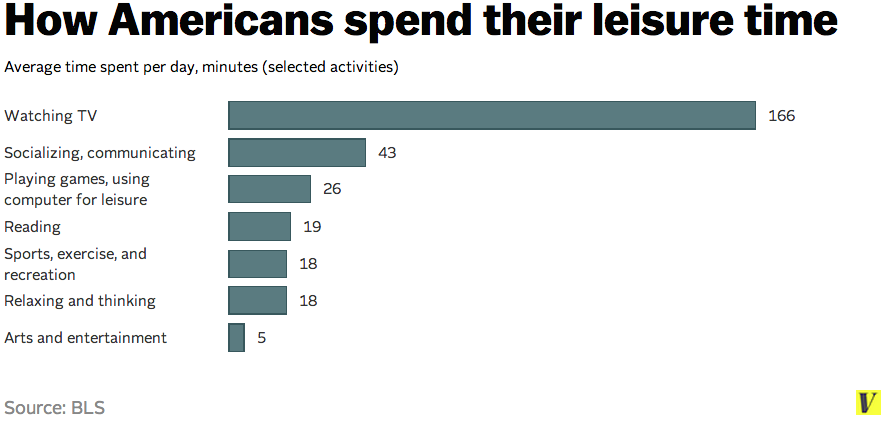 Why do I think so? Well, at least because there are calls (!) in Scripture to praise God in dances. Here is a small selection of passages from the Bible where the word “dance, round dance” is in the original:
Why do I think so? Well, at least because there are calls (!) in Scripture to praise God in dances. Here is a small selection of passages from the Bible where the word “dance, round dance” is in the original:
“And You turned my mourning into rejoicing, took off my sackcloth and girded me with joy” (Ps. 29:12).
"Jubilation" - here, it is "dance, round dance". As you can see, according to this verse, God Himself transformed a sad state into a joyful dance!
“Let them praise His name with faces, let them sing to Him on a timbrel and harp” (Ps. 149:3).
Have we forgotten that all Scripture is the Word of God? So, the Almighty Himself points out how to praise Him. "Praise with faces" here - it is praised in a round dance.
“Praise Him with timbrel and lyric, praise Him with strings and organ” (Ps. 150:4).
Also an indication of how to praise the Almighty. And the same word "dance, round dance", as in previous excerpts from the Bible. Today's believers, for the most part, have nothing against the organ in worship, various stringed instruments, against trumpets and drums. But, about dancing, they have a prejudice. Isn't it strange?
Today's believers, for the most part, have nothing against the organ in worship, various stringed instruments, against trumpets and drums. But, about dancing, they have a prejudice. Isn't it strange?
Aleksey Batanov, youth leader of the New Life Church (Simferopol)
“When I think about how King David danced, I think it was something very similar to this clip”:
INVICTORY is now on Youtube, Instagram and Telegram!
Want to get the hottest content straight to your favorite platforms? We bring you new movie reviews, interesting podcasts, breaking news and helpful tips from ministers on popular platforms. Many materials go only to them, not even getting on the site! Subscribe and get the most interesting information first!
11 Surprising Bible Facts You Probably Didn't Know
Telegram channel @ieshua.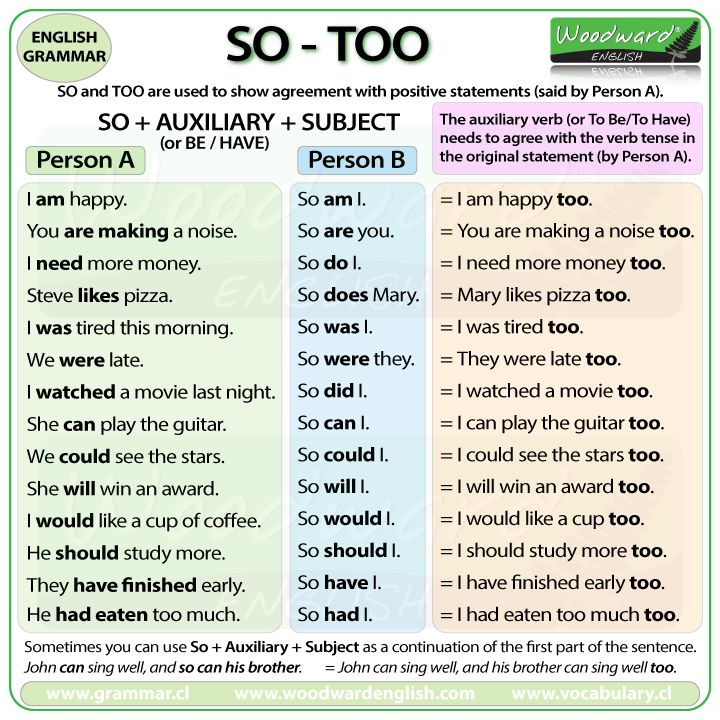 org
org
Many people are familiar with the Bible whether they share biblical beliefs or not. According to the Guinness Book of Records, the Bible is the best-selling and most distributed book in history, and the total number of copies sold since 1851 exceeds 5 billion books. Guinness estimates that about 5 trillion copies have been sold over the past 3,000 years, although the exact number cannot be established. Approximately 100 million copies are sold annually, keeping the Bible at the top of the world's best-selling non-fiction books.
It is said that there are not many people who do not know about the Bible, but many may not know some of the amazing facts about this most famous book in the world. Here are 11 amazing facts about the Bible that you might find useful on occasion.
1. The Bible is the most stolen book in the world.
I guess the fact that the most circulated book in the world will also be the most stolen book according to True Bible Facts shouldn't surprise anyone. Due to the prevalence of the Bible in hotel rooms and home libraries, it is most often stolen from the shelves.
Due to the prevalence of the Bible in hotel rooms and home libraries, it is most often stolen from the shelves.
2. More women than men read the Bible.
According to a 2017 study by the American Bible Society, women read this holy book 20% more than men.
3. There are 185 songs in the Bible.
According to the Bible Survey Infographic, about 85% of the songs in the Bible are found in the Book of Psalms. In other books of the Old and New Testaments you will also find songs of praise to God or prayers for help. See the infographic here (in English).
4. The Old Testament took 20 times longer to write than the New Testament.
While the Old Testament took over 1,000 years to write, the New Testament took about 50-75 years to write.
5. The Bible was written by over 40 different authors.
The Bible is known as an inspired book written by the servants of God.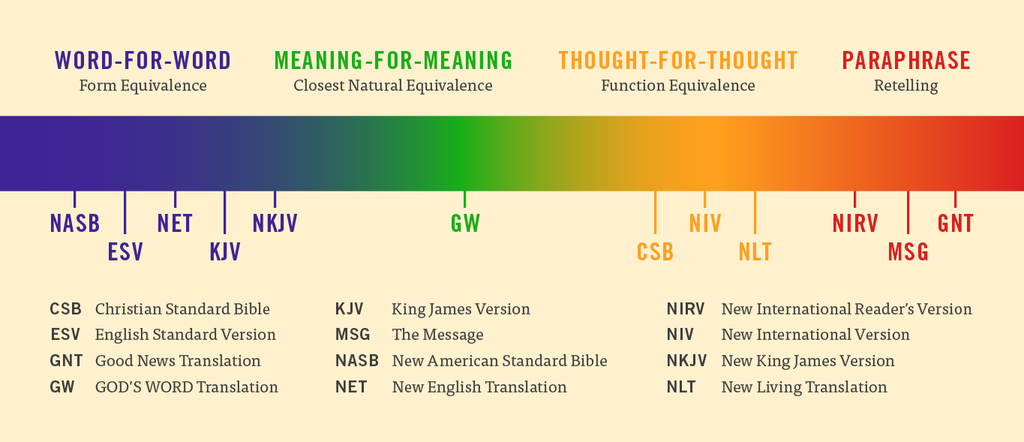 Forty servants of God are responsible for writing the words we read and meditate on today.
Forty servants of God are responsible for writing the words we read and meditate on today.
6. The last word in the Bible is Amen.
The last word in the Bible, respectively, is "Amen", concluding the prayer: "The grace of our Lord Jesus Christ be with you all. Amen." (Rev. 22:21).
7. The Sinner's Bible contains a shocking typo.
In a Bible printed by Robert Baker in the 17th century, the seventh commandment was mistakenly written as: "Commit adultery." According to Reader's Digest, the terrible bug was discovered only after a thousand copies had been sold. Only nine copies of this edition, infamously known as the Sinner's Bible, remain today.
8. Half of the women in the Bible don't have names.
According to research by Reverend Lindsey Hardin Freeman, about 1% of the dialogues in the Bible are words spoken by women, totaling 86. Of these 86 women, about 50% are not given a name.





